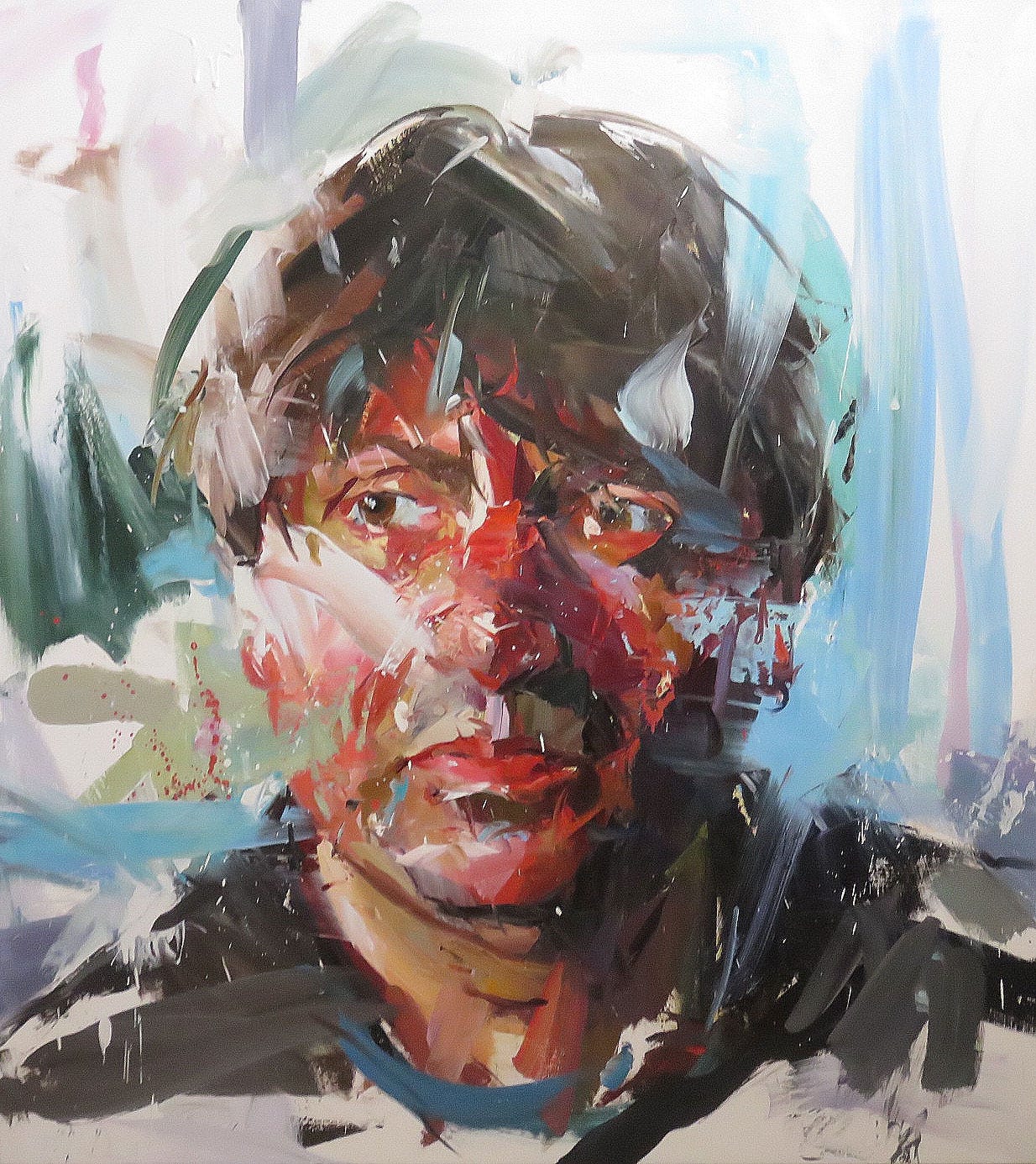Armitage’s arc offers space to dwell
The habitats of Britain’s wildlife are a mystery. Whatever goes on in the beaver’s lodge, the badger’s sett, or the dove’s cote is not ours to know.
But they are poet laureate Simon Armitage’s to imagine in his new collection, Dwell, which invites us to spend time outside ourselves, inside the homes and the everyday experiences of animals with which we share these islands.
Both the fragility and the resilience of the refuges still available to wildlife in the 21st century were manifest throughout the reading I attended on the final day of the Tunbridge Wells Literature Festival, last Sunday.
In ‘Pond’, Armitage’s first reading, a spell of impenetrability is broken by windfall, but the skin of the surface soon mends and resets, forming “a film starring newts and swallows”.
For the most part, we are largely absent from this landscape, as is fitting for a set of poems inspired by the Lost Gardens of Heligan, 200 acres of Cornwall conserved and regenerated by Eden Project founder Tim Smit.
Armitage populates an ark, conjuring squirrels, deer and foxes from the elements, in which they remain rooted. But he also constructs an arc, which fleetingly casts light on mankind in the shadows.
A squirrel launches a smash-and-grab raid on a garden feeder, a barn owl is pursued to a nest box, and a badger steals across a groomed lawn.
“Imagine it standing up like a toddler to lap from a bird bath, clocking its own burglar’s face in the French windows.”
While these animals have their freedom, it is clearly limited and defined by humans. Which is also apt for a collection commissioned by a conservation project which, while providing a rich range of welcoming habitats across garden, farm and woodland, remains a man-made landscape.
At the reading. Armitage defined prose as information and poetry as innuendo. His new poems do not dwell for long on the imbalance between man and other creatures. But the introductory note to the collection saves us the job of looking for clues.
He describes human domination of the planet as tragic for animals and a “pitiful reflection” of our own attitudes.
“Other living things enhance what it is to be human – why are we so interested in life on other planets when we show such disregard for life on our own?”
Why is a poetry reading worthy of comment on a substack that’s supposed to be about the sustainability of the food system?
Much of my reporting on this topic over the past five years has been focused on the need to better manage our exploitation of the natural world – soil, air, water, and the living things they sustain – in terms of maintaining humanity’s access to the ecosystem services they provide.
But it is also important to cherish nature for its own sake, to marvel its rhythms, twists and turns. The more we appreciate the natural world – in all its beauty, ingenuity and savagery – the more likely we are to respect its power.
For the record, Tunbridge Wells was always likely to be fertile soil for the poet laureate to sow seeds of bucolic imagination, even if offers little outward evidence of its heritage as the home town of Siegfried Sassoon.
Armitage’s appearance might have come just days after much of the surrounding area had turned a Reform shade of Turquoise, but the royal borough was decked out in a clean sweep of LibDem yellow, offset by the Green shades of neighbouring Tonbridge.
As someone who has not attended a public poetry reading since leaving the sixth form, I was also curious to know how audiences show their appreciation. Collective sighs at poignancy, laughter at wry comedy, and thunderous applause at the end, I can now report.





